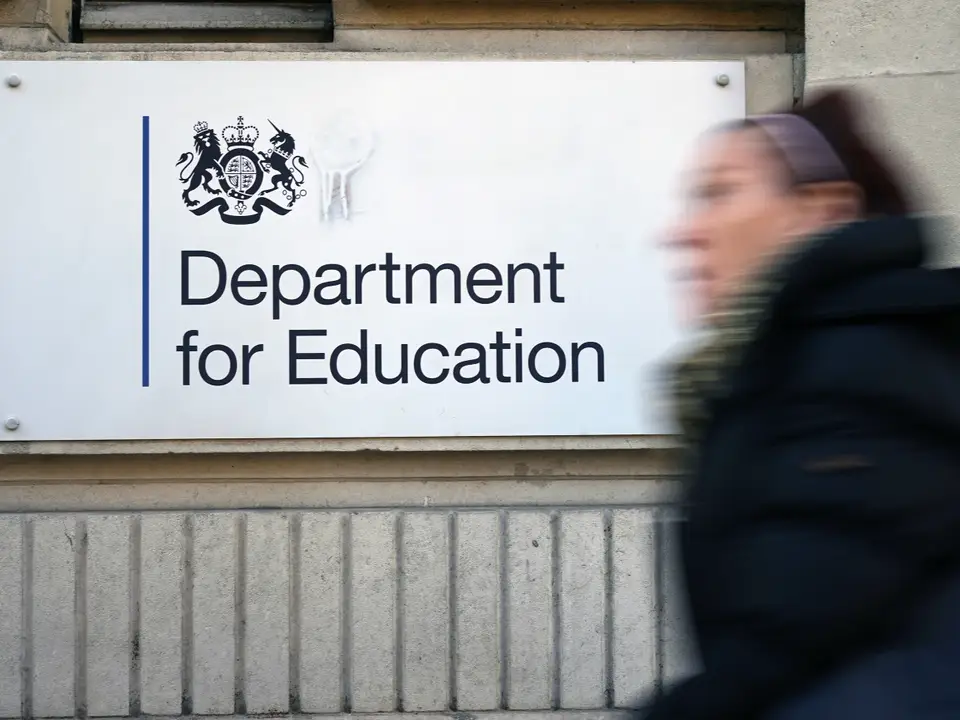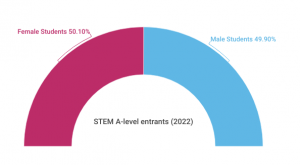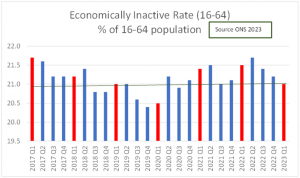Six hours to stop school strikes

Talks between unions and officials at the Department for Education are scheduled to take place for six hours today in a bid to avert teacher strikes.
Schools minister Nick Gibb insisted the Government does understand pressures facing teachers and is willing to negotiate – but warned against “inflation-busting pay settlements”.
He added: “We are negotiating with teachers and all the public service unions across Whitehall, across the economy, to discuss issues like pay, to discuss issues such as workload. There is an independent pay review body in place to determine pay levels for teachers.”
Geoff Barton, general secretary of the Association of School and College Leaders (ASCL), said there has been a reluctance in England to talk about pay compared with Wales, where there is a Labour government in power.
He said: “It’s good in one sense that we’ve got six hours of talks. That’s a long time, I have to say, six hours of talks where pay is the number one issue on the agenda. That feels to me like it is a step forward.”
As a result of the strikes the UCU is demanding; A reverse to a reduction in pension benefits, a pay increase of at least inflation (RPI) plus 2%, or 12%, whichever is higher, Nationally agreed action to close gender, ethnic, and disability pay gaps, an agreed framework to eliminate the use of precarious contracts, such as zero-hours employment, nationally agreed action to address excessive workloads and unpaid work, including addressing the impact that excessive workloads are having on workforce stress and ill-health.
Students across Kent have expressed sympathy for their teachers throughout the strikes, but is that sympathy wearing thin now their education is at risk?

Rebecca Simpson, Criminology and sociology student at the University of Kent, believes that although “It’s not fair on them and they deserve better” the impact on students is drastic.
“We are not getting a higher education worth nine grand” and due to the marking boycott “we won’t be getting feedback that’s relevant and we can apply to future essays.”
However, she came to the conclusion that “it’s completely understandable and if I were in their shoes I would also be striking.”

Another student, Emily Constantini, who is studying law in her third year had mixed feelings as exam season approaches.
“I sympathise with them as some of my teachers have told me their struggles of not getting paid for all the outside work they do”
“but it is hard to sympathise with them if they’re not going to teach us third years for three weeks as that could impact our final exams.”
For other students, the strikes are hurting their education too much for them to be sympathetic.
Scarlet Allnatt, an architecture student from Kent, shared how her studies have been disrupted by strikes.

“I am in my third year these strikes can be detrimental to my degree and could hinder my grades.”
“I think the strikes may have added to the low turnout of students and attendance. This is due to strikes disrupting the weekly schedule and leaving gaps in the syllabus, making students despondent and effect their grades.”
“I do not feel as university students we are getting our moneys worth.”
There will be 17 days of strike action due to take place over February and March in 150 Universities across the country.




